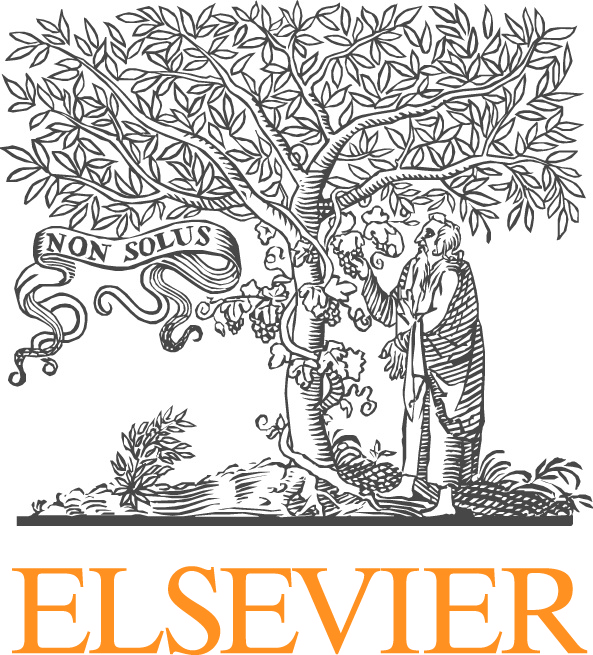Yusheng Feng, UTSA
Suvranu De, Rensselaer Polytechnic Institute
David Fuentes, MD Anderson
Recent advance in computational biomedical engineering and bioinformatics has dramatically changed both academic biomedical research and clinical applications. Some established computational tools become indispensable to augment experimental techniques for the analysis of complex bio-systems and assist important clinical decision-making.
With tremendous promise that computation can provide, we also face tremendous challenges in order to make the mathematical and computational models reliable and predictive. This mini-symposium aims to bring experts such as academician, industry experts and clinicians together to exchange ideas, discuss and formulate solutions.
Topics of interest include (but are not restricted to) the following:
• Multi-scale and multi-physics modeling in biomedical applications
• Computational models for molecular, cellular, and tissue biomechanics
• Computer simulation in medical applications
• Biomedical data analytics and bioinformatics
• Machine learning and data pattern recognition
• Computational cancer simulation and treatment outcome prediction
• Network modeling for genomic regulatory and signaling transduction pathways
• Computational nanomedicine and precision medicine
• Visualization techniques of surgical simulation and medical training
• Numerical techniques and algorithms with biological and biomedical applications







